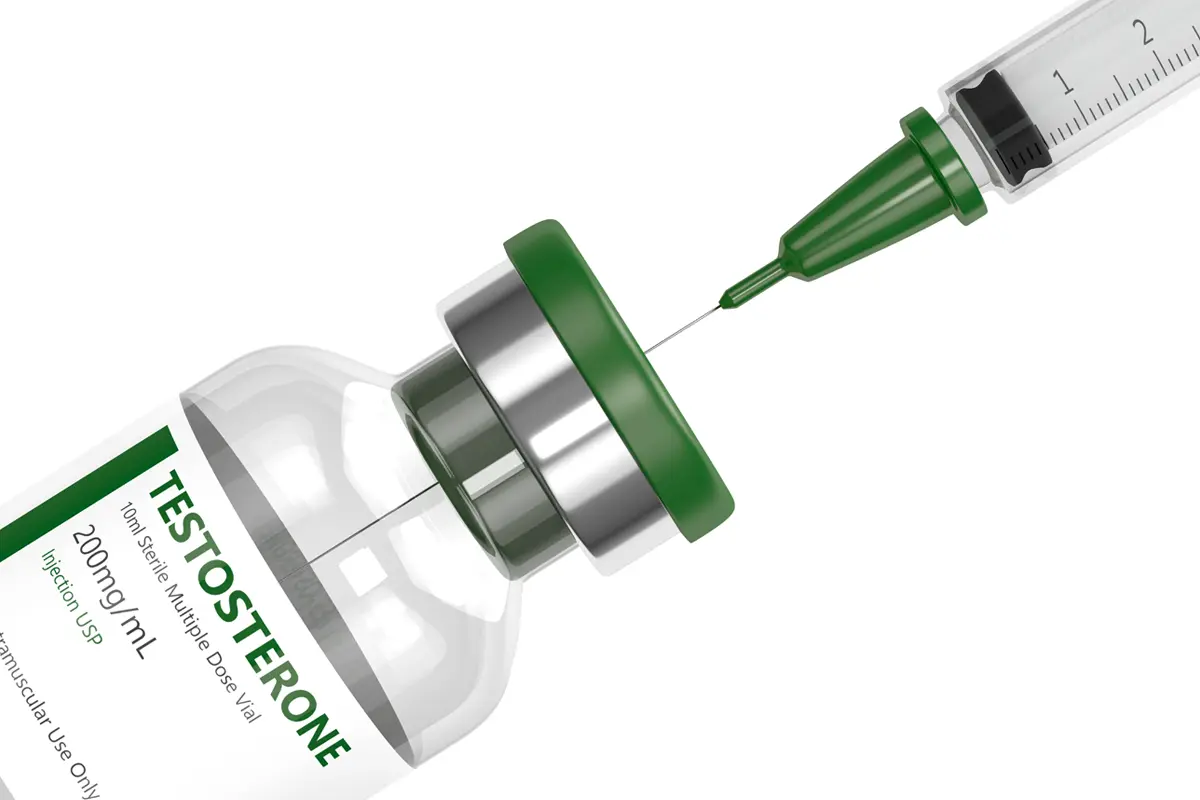
Written by
Clay Hall
PhD, MBA, NP-C
In today’s fast-paced world, maintaining optimal health can be challenging. With busy schedules, processed foods, and environmental stressors, it can be hard to get all the essential nutrients our bodies need. While a balanced diet is the best way to get vitamins and minerals, vitamin supplementation has become an increasingly popular way to bridge nutritional gaps and enhance overall well-being.
In this post, we’ll explore the benefits of vitamin supplementation and why it might be a critical part of your health routine.
1. Compensating for Nutrient Deficiencies
One of the primary reasons people turn to vitamin supplements is to fill in the gaps left by their diet. Even with the best intentions, it’s common for individuals to lack essential vitamins like Vitamin D, B12, or magnesium due to lifestyle factors, soil depletion, or medical conditions. Supplements help ensure that your body gets what it needs to function properly, preventing deficiencies that could lead to fatigue, cognitive decline, weakened immunity, and more.
2. Boosting Immunity
Certain vitamins play an essential role in maintaining a strong immune system. Vitamin C, Vitamin D, and zinc, for example, are well-known immune boosters that help your body fight off infections and illnesses. If your immune system is weakened due to poor diet, stress, or lack of sleep, supplementation can provide the support needed to keep you healthy.
3. Supporting Cognitive Function
Your brain needs the right nutrients to operate at its full potential. Vitamins like B6, B12, folate, and omega-3 fatty acids are crucial for cognitive function, mood regulation, and mental clarity. Deficiencies in these vitamins have been linked to brain fog, memory issues, and even mental health disorders such as depression and anxiety. Taking a daily supplement may help enhance focus, improve memory, and maintain a positive mood.
4. Promoting Heart Health
Heart disease is one of the leading causes of death worldwide, and research has shown that certain vitamins can help reduce the risk. Vitamins like B-complex, CoQ10, and omega-3s are known to support cardiovascular health by lowering cholesterol, reducing inflammation, and improving blood circulation. Adding these supplements to your routine could contribute to a healthier heart over time.
5. Enhancing Energy Levels
If you’re constantly feeling tired, lacking in motivation, or sluggish, a vitamin deficiency might be the culprit. B vitamins, in particular, are known for converting food into energy and improving metabolism. Iron supplements can also help fight fatigue, especially in individuals with anemia. By ensuring that your body is receiving adequate vitamins, you can experience more energy and improved endurance throughout the day.
6. Improving Skin, Hair, and Nail Health
Healthy, glowing skin, strong nails, and luscious hair aren’t just about using the right products; they also depend on proper nutrition. Biotin, Vitamin E, Vitamin C, and collagen are some of the most effective supplements for promoting radiant skin and hair growth. These nutrients support the production of collagen and elastin, help reduce signs of aging, and keep your nails strong and healthy.
7. Supporting Bone Health
As we age, bone health becomes a greater concern. Vitamin D and calcium are critical for maintaining strong bones and preventing conditions like osteoporosis. Unfortunately, many people, especially those living in areas with limited sunlight, struggle to get enough Vitamin D from natural sources. Supplementing with Vitamin D and calcium helps ensure that bones stay strong and healthy, reducing the risk of fractures and bone loss.
8. Personalized Health Optimization
The beauty of vitamin supplementation is that it can be tailored to your specific health needs. Whether you need help boosting immunity, supporting muscle recovery, or managing stress, there’s likely a supplement that can help. Today’s advancements in testing and personalized supplementation allow you to identify your unique deficiencies and create a vitamin plan that aligns with your goals, ensuring that you’re not taking unnecessary or excessive amounts of vitamins.




